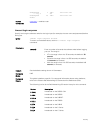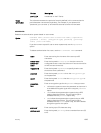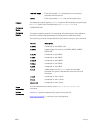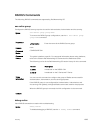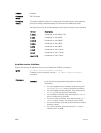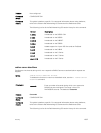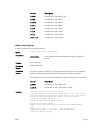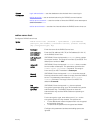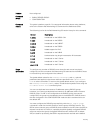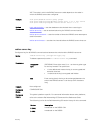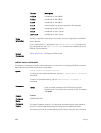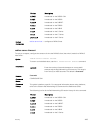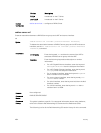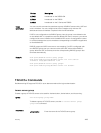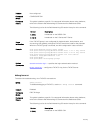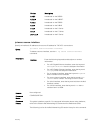Defaults Not configured.
Command
Modes
• RADIUS SERVER GROUP
• CONFIGURATION
Command
History
This guide is platform-specific. For command information about other platforms,
refer to the relevant Dell Networking OS Command Line Reference Guide.
The following is a list of the Dell Networking OS version history for this command.
Version Description
9.7(0.0) Introduced on the S6000–ON.
9.0.2.0 Introduced on the S6000.
8.3.19.0 Introduced on the S4820T.
8.3.11.1 Introduced on the Z9000.
8.4.1.0 Added support for IPv6.
8.3.7.0 Introduced on the S4810.
7.7.1.0 Authentication key length increased to 42 characters.
7.6.1.0 Introduced on the S-Series.
7.5.1.0 Introduced on the C-Series.
pre-6.2.1.0 Introduced on the E-Series.
Usage
Information
To configure any number of RADIUS server hosts for each server host that is
configured, use this command. Dell Networking OS searches for the RADIUS hosts
in the order they are configured in the software.
The global default values for the timeout, retransmit, and key optional
parameters are applied, unless those values are specified in the radius-server
host
or other commands. To return to the global default values, if you configure
the timeout, retransmit, or key values, include those keywords when using the
no radius-server host command syntax.
You can use duplicate host names or IP addresses among RADIUS groups.
However, you cannot use duplicate host names or IP addresses within the same
RADIUS group. If a VRF is not configured on the RADIUS group, then servers
configured in the group are considered to be on the default VRF. RADIUS servers
that are configured in the CONFIGURATION mode are also considered to be on
the default VRF.
You must configure the RADIUS group explicitly with the aaa radius group
command in order for the AAA servers to use the group of RADIUS servers. The
802.1x servers use the group of RADIUS servers based on the VRF where the 802.1x
request is received. As a result, it is possible that both globally configured RADIUS
servers as well as the group-configured RADIUS servers (without VRF or default
VRF) are used for processing the 802.1x requests that are received at the default
1610
Security



